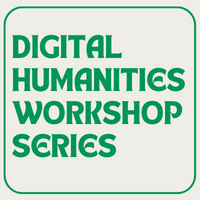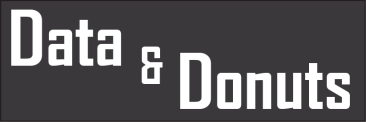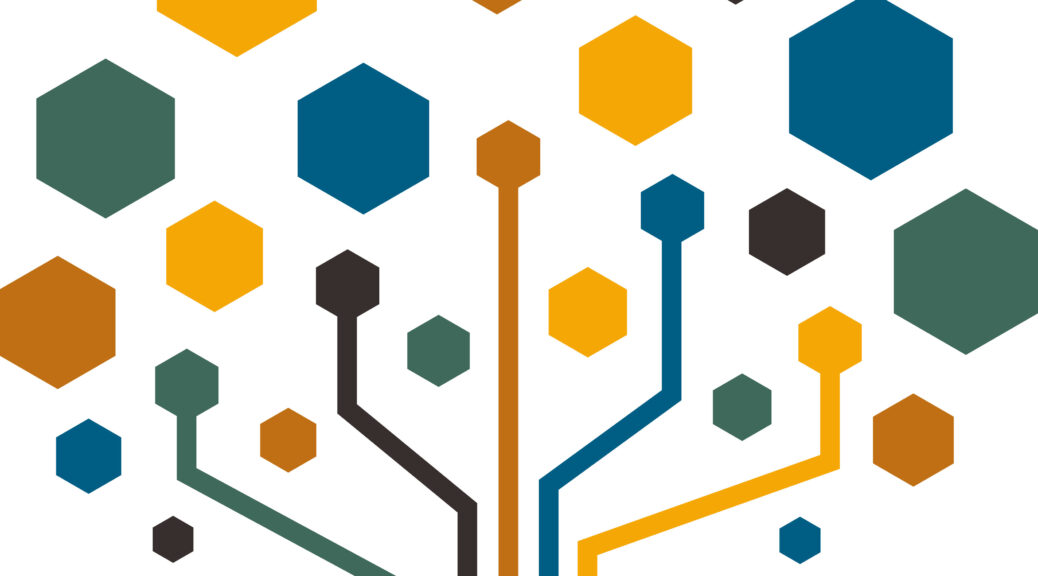Digital Humanities Workshop Series

Digitization, Digital Projects, and Copyright Issues
When: Feb. 2, 2024, 12 pm – 1 pm
Where: Perry-Castañeda Library Scholars Lab Project Room 6 (2.218)
Join us in-person for a discussion about some of the common copyright issues that pop up when digitizing materials or creating digital projects. We’ll have some scenarios to talk through as a group, but feel free to also bring your questions and we’ll try to discuss some of those scenarios as well.
Interactive Writing in Twine
When: Feb. 9, 2024, 12 pm – 1 pm
Where: Zoom
Twine is an open-source application used to write interactive narratives ranging from fictional adventures to practical decision trees. This workshop will introduce the basics of Twine story creation: creating your first passage of text, linking passages, incorporating HTML and variables, and publishing a Twine project. The session will include a variety of example Twines of different complexity and purpose, and by the end, participants will have their skeleton decision tree that they can expand into a larger text.
Getting Started with Scalar
When: Feb. 23, 2024, 12 pm – 1 pm
Where: Zoom
Scalar is a free, open-source publishing platform designed for long-form, born-digital, and media-rich digital scholarship. This workshop will give an overview of Scalar and discuss what differentiates it from other content management systems, before demonstrating how to build your Scalar site.
Data & Donuts Workshop Series

Research Data Management Best Practices
When: Feb 16, 2024, 12 pm – 1:15 pm
Where: Perry-Castañeda Library Scholars Lab Data Lab (2.202) and Zoom
This workshop will go over helpful strategies and techniques for effective research data management in all stages of the research lifecycle, from the drafting of comprehensive data management plans to successful publication of research data. Join this session to learn how to overcome data management challenges and stay in compliance with research data management regulations.
The Institute for Historical Studies in the Department Workshop
“Mapping Trauma: A Workshop on Space and Memory”
When: Feb 19, 2024, 12 pm – 1:30 pm
Where: Perry-Castañeda Library Scholars Lab Data Lab (2.202) and Zoom
Anne Kelly Knowles has been a leading figure in the Digital and Spatial Humanities, particularly in the methodologies of Historical GIS, for more than twenty years. She has written or edited five books, including Placing History: How Maps, Spatial Data, and GIS Are Changing Historical Scholarship (2008); Mastering Iron: The Struggle to Modernize an American Industry, 1800-1868 (2013); and Geographies of the Holocaust (2014). Anne’s pioneering work with historical GIS has been recognized by many fellowships and awards, including the American Ingenuity Award for Historical Scholarship (Smithsonian magazine, 2012), a Guggenheim Fellowship (2015), and three successive Digital Humanities Advancement grants from the National Endowment for the Humanities (2016-2022). She is a founding member of the Holocaust Geographies Collaborative, an international group of historians and geographers who explore the spatial aspects of the Holocaust through digital scholarship. She is currently developing a public website to share data on over 2,200 Holocaust camps and ghettos and nearly 1,000 survivor testimonies to enable students and scholars to map the historical geographies of named and unnamed Holocaust places.
Levi Westerveld is a geographer and award-winning cartographer with broad experience in spatial data gathering, analysis and visualization. He has 8 years of work experience in GIS and mapping for environmental modeling, impact assessments, community engagement and communication. Levi has international project management experience overseeing multidisciplinary teams with delivery in the Arctic and Pacific, and thematic knowledge in land and marine environmental issues, including climate change, waste and biodiversity. He is the lead editor of the forthcoming Arctic Permafrost Atlas. He is currently employed as senior engineer in the section for digitalization and innovation at the Norwegian Coastal Authority.
For In-person Registration email: cmeador@austin.utexas.edu
Digital Scholarship in Practice

Computational Approaches in the Study of History: The Case of People’s Daily
When: Feb 21, 2024, 12 pm to 1 pm
Where: Perry-Castañeda Library Learning Lab 3
In this talk, we will explore what computational approach and methods may look like in historical studies. Alongside the potential advantages, the talk will also discuss the limitations and pitfalls in computational historical analysis. We will focus on a case study of the People’s Daily 人民日报, a prominent national newspaper of the PRC, to demonstrate the outcomes and limitations of applying computational methods in historical research.

